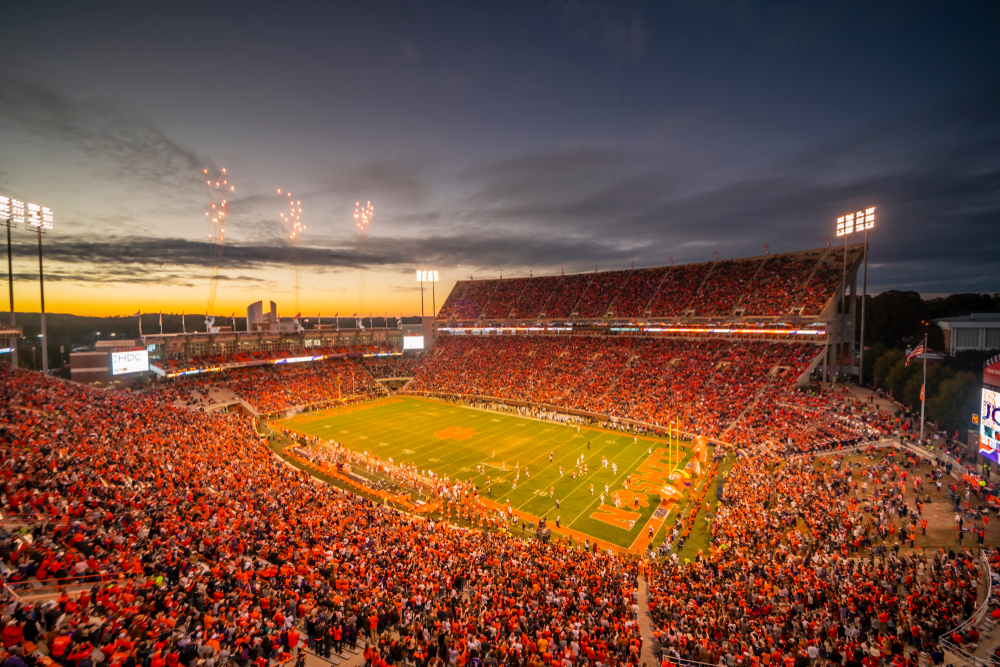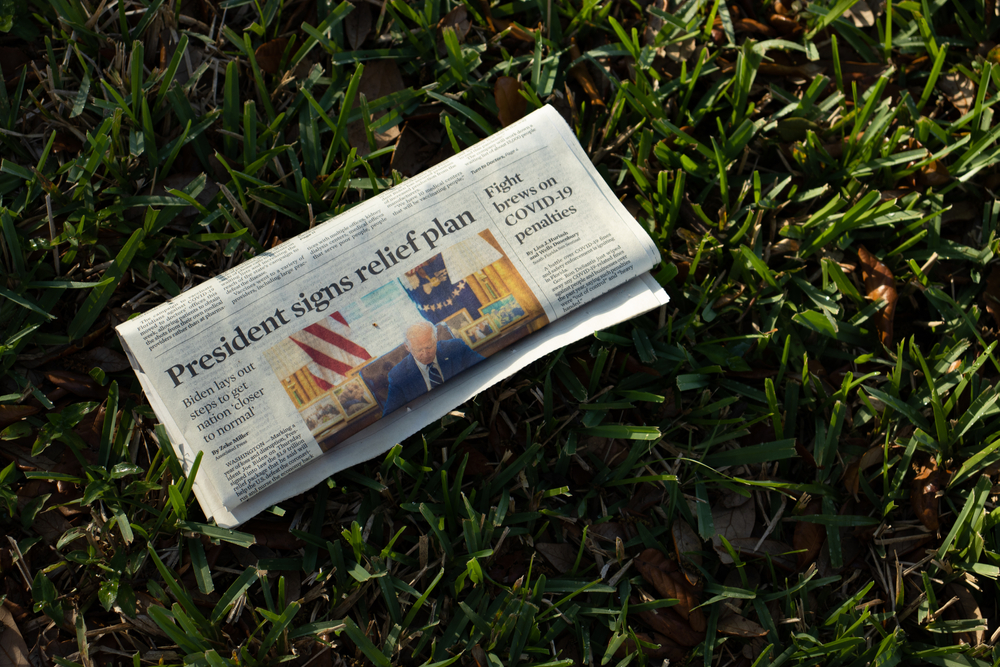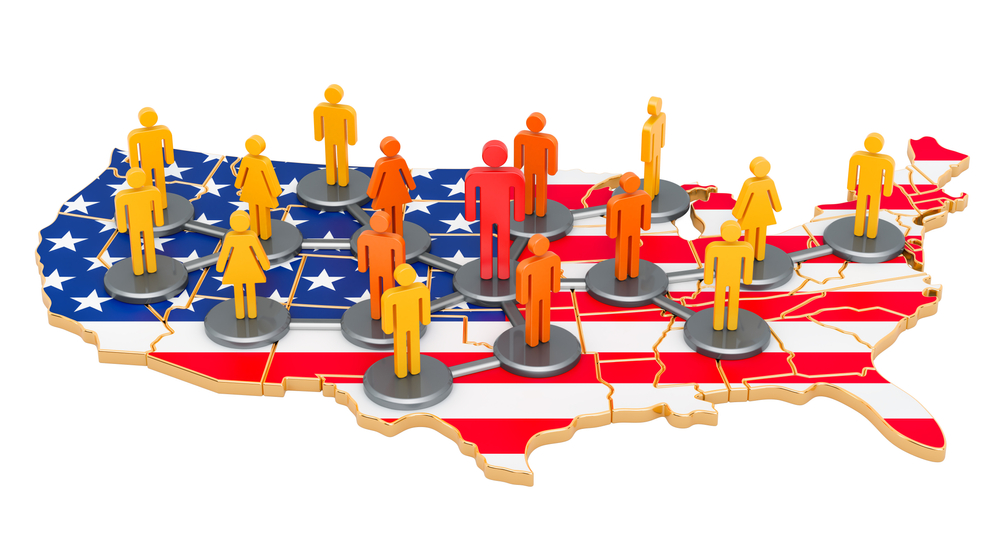Can the current upheaval within college football and other sports be rooted in one of the core realities of the legal world?
Quite likely, the answer is, yes, in the form of financial liability. At the same time, it’s also fair to ask: As college football is set to begin in parts of the country, who really knows?
A little background: On Aug. 11, as part of a declaration for all fall sports, two of the Power 5 conferences in college football officially put their seasons on hold, with the possibility of kicking off play in the spring. Football, of course, is a huge money maker in colleges and universities.
RELATED: Florida tribe battles government over COVID-19 money
RELATED: Divorce spiking during pandemic
As the chief reason, the Big Ten and Pac-12 conferences pointed to the health and safety of student-athletes, citing the continuing uncertainties of the COVID-19 pandemic.
“The mental and physical health and welfare of our student-athletes has been at the center of every decision we have made regarding the ability to proceed forward,’’ Big Ten Commissioner Kevin Warren said in a prepared statement. “As time progressed and after hours of discussion with our Big Ten Task Force for Emerging Infectious Diseases and the Big Ten Sports Medicine Committee, it became abundantly clear that there was too much uncertainty regarding potential medical risks to allow our student-athletes to compete this fall.”
In his official statement, Pac-12 Commissioner Larry Scott said: “The health, safety and well-being of our student-athletes and all those connected to Pac-12 sports has been our number one priority since the start of this current crisis. Our student-athletes, fans, staff and all those who love college sports would like to have seen the season played this calendar year as originally planned, and we know how disappointing this is.”
Other conferences plan to play
Meanwhile, the other three Power 5 players — the Atlantic Coast Conference, Southeastern Conference and Big 12 Conference — forged ahead with plans to conduct their sports this fall, including football.
It’s reasonable to assume that officials of the Big Ten and Pac-12 care about their student-athletes and, as the saying goes, have used an abundance of caution in arriving at their conclusions.
Yet, notably, their decisions came less than one week after a National Collegiate Athletic Association directive by its Board of Governors. The directive outlined requirements for each division of the NCAA related to the participation of fall sports and championships.
Essentially, the NCAA upped the ante on schools’ financial liability.
Among the highlights of the NCAA’s requirements: “Divisions must develop rules providing that member schools will cover COVID-19-related health costs related to infections that local health officials reasonably believe were the result of student-athletes’ sports participation.”
The NCAA also stated “all student-athletes must be provided an opportunity to opt out of participation due to concerns about contracting COVID-19, and if a student-athlete chooses to opt out, the individual’s athletics scholarship commitment must be honored.”
Further, the directive stated “NCAA fall sports championships must be conducted using the principles associated with developing enhanced safety for student-athletes and essential athletics personnel. Such enhanced safety includes regular testing, separation of student-athletes and essential personnel from all other nonessential personnel, and physical distancing and masking policies during all aspects of noncompetition.”
Finally, the NCAA ruled that “member schools may not require student-athletes to waive their legal rights regarding COVID-19 as a condition of athletics participation.” Those words prohibited member schools from requiring athletes to sign liability waivers exempting institutions from being held accountable for the spread of the virus.
“Our decisions place emphasis where it belongs — on the health and safety of college athletes,” NCAA President Mark Emmert said. “Student-athletes should never feel pressured into playing their sport if they do not believe it is safe to do so. These policies ensure they can make thoughtful, informed decisions about playing this fall.”
Risk tolerance may be the difference
Could it be that risk tolerance isn’t the same across the Power 5 conferences? While the Big Ten and Pac-12 couldn’t take that risk, the others could?
Just maybe, according to Gregg Clifton, principal in the Phoenix, Arizona, office of Jackson Lewis P.C. and co-Leader of its Collegiate and Professional Sports Practice Group.

“You’re looking at a huge medical cost,” said Clifton, who has represented collegiate clients regarding rules compliance, investigatory matters and in disciplinary hearings, among other areas. “There’s that issue. And there’s always the issue of liability, which these schools are incredibly nervous about.”
Aside from the price tag of possible claims by student-athletes related to COVID-19, Clifton noted the high cost of running the sports, particularly college football, without revenue-generating fans.
The postponement of games, he added, should also mean no formal team practices for those fall sports.
“We try to give advice,” Clifton said. “You’re probably better off not having formal practices.”
Legal issues abound, as do a multitude of questions, Clifton concluded, with at least one legal issue centered on the topic of waivers. Some schools had their student-athletes sign them early this summer before the NCAA’s announcement.
“You did have a handful of schools that exercised this waiver power, and had student-athletes sign this formal waiver of liability,” Clifton said. “Now the question becomes, just because the NCAA says they’re not enforceable, what does that mean? ‘I live in Texas; my school is in Texas. Texas law and Texas lawyers have told me it’s enforceable?’
“Let’s hope and pray no student-athlete gets sick at that level, but again it’s another issue of this inherent conflict that’s out there potentially between NCAA bylaws and state laws. We’ll see.”
Adding to the confusion, some parents are asking the NCAA to rescind its ban on liability waivers, in hopes of getting the players back on the field, especially in the Big Ten.
“It is a whacky time, to put it mildly,” Clifton said.













